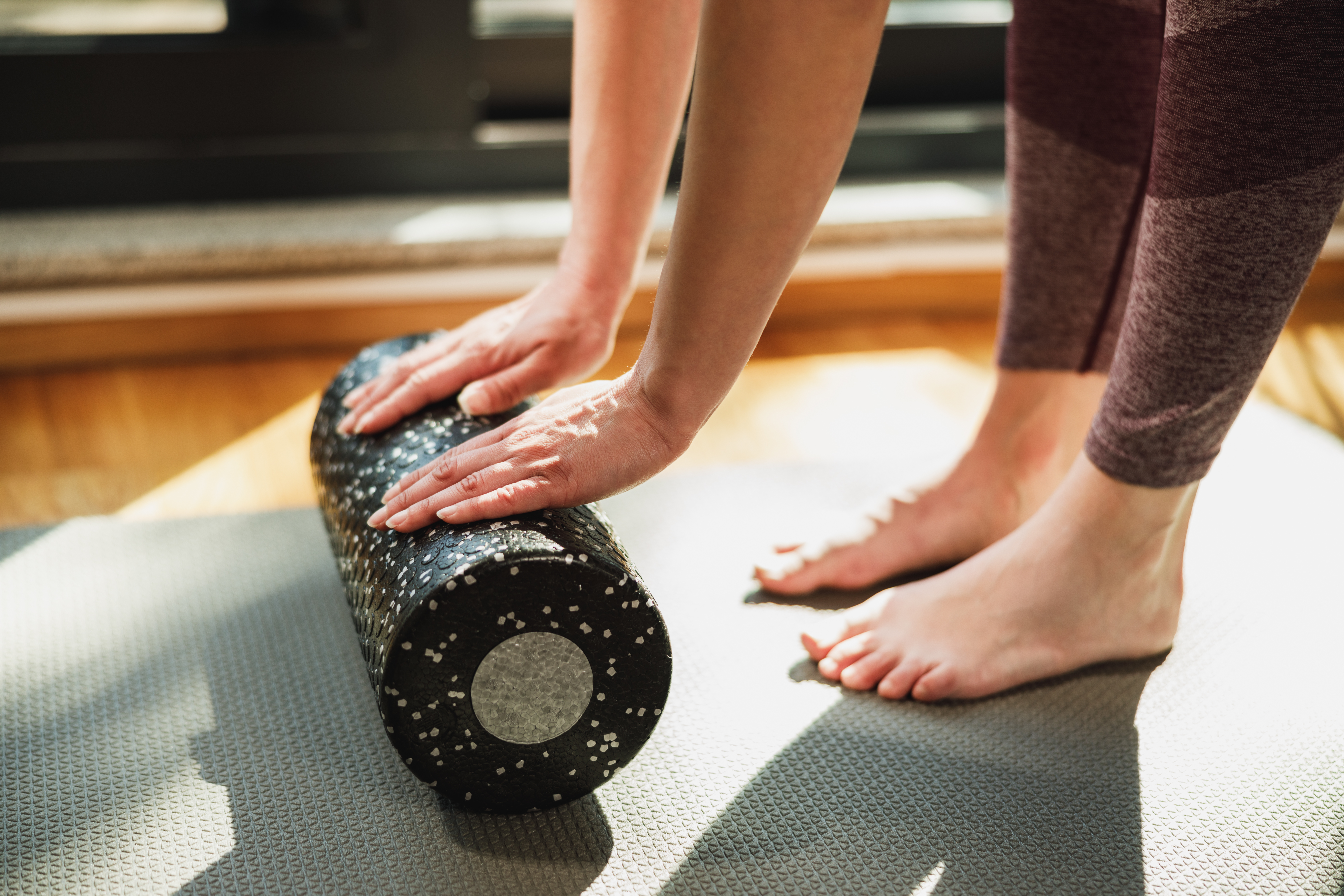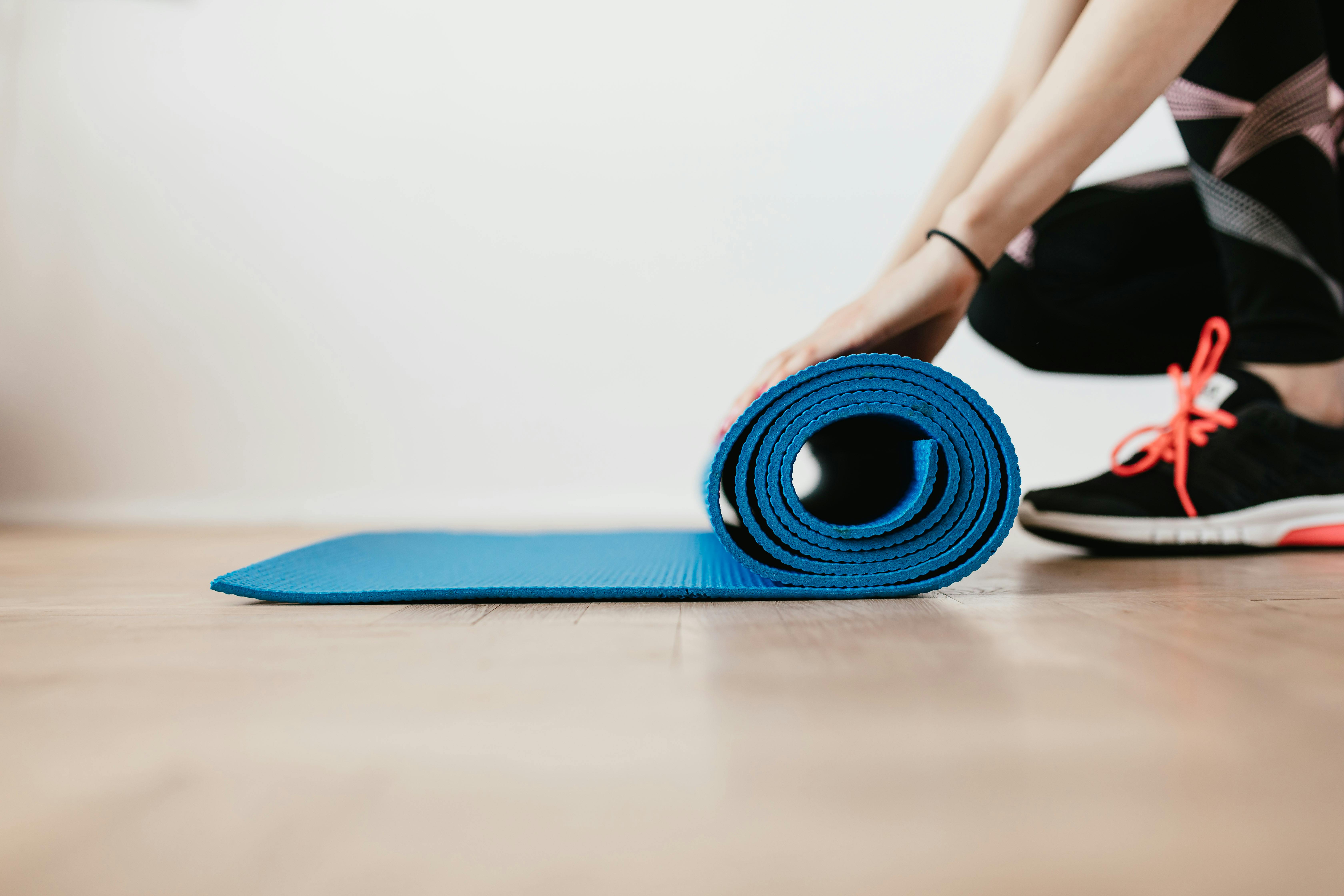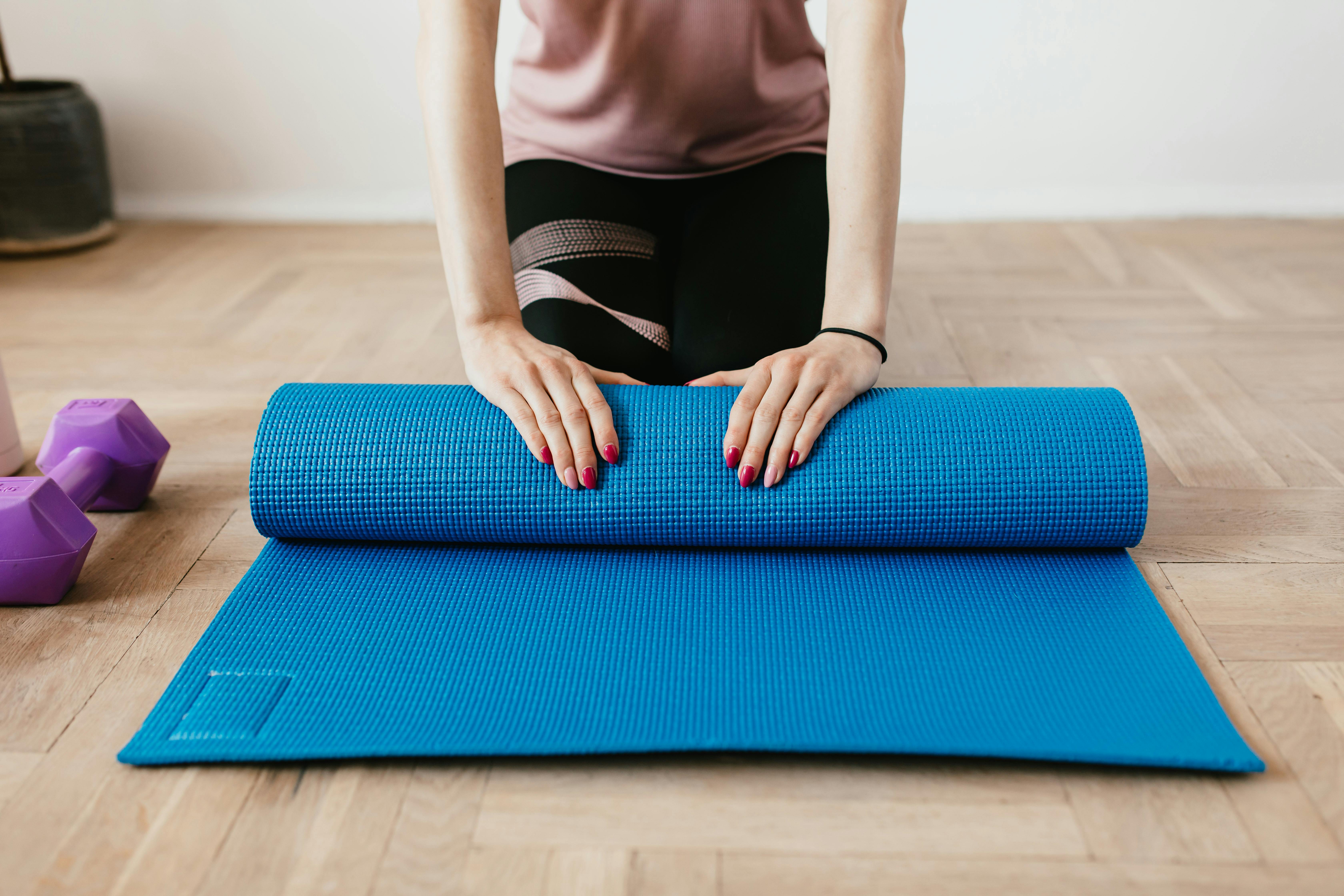A Guide to Rebuilding Your Routine After an Injury or Long Break
Rebuilding your routine after an injury or a long break is akin to embarking on a journey of renewal, where patience and persistence become your most trusted allies. Whether recovering from a physical setback or returning to daily life after a hiatus, the process demands a careful blend of discipline and flexibility. This guide aims to provide a comprehensive roadmap to navigate this often challenging yet profoundly rewarding journey. By understanding the nuances of your body and mind, setting realistic goals, and fostering a supportive environment, you can successfully reconstruct a routine that not only restores your previous capabilities but enhances your overall well-being.
Understanding Your Starting Point

Before diving into a new routine, it's crucial to assess your current physical and mental state. This involves a thorough evaluation of your capabilities and limitations, ideally with the guidance of healthcare professionals. Understanding your starting point helps in setting realistic goals and avoiding the risk of overexertion, which can lead to further setbacks. Acknowledging where you are, rather than where you used to be, is vital in crafting a routine that respects your current condition. This honest assessment forms the foundation upon which a sustainable and effective recovery plan can be built, ensuring that you move forward with clarity and purpose.
Setting Realistic and Achievable Goals

Once you have a clear understanding of your starting point, the next step is to set realistic and achievable goals. These goals should be specific, measurable, attainable, relevant, and time-bound (SMART). For instance, instead of aiming to "get fit," a more effective goal might be to "walk for 20 minutes, three times a week, for the next month." Such specificity not only provides a clear target but also allows for measurable progress. Achieving these smaller goals builds confidence and momentum, encouraging you to push further while still respecting your body's limits. This strategic goal-setting is crucial in maintaining motivation and ensuring a successful recovery journey.
Creating a Flexible Routine

Flexibility is a key component of any successful routine, especially when recovering from an injury or break. Life is unpredictable, and so is the recovery process. A rigid plan can lead to frustration and disappointment if unexpected challenges arise. Instead, design a routine that allows for adjustments based on how you feel each day. Incorporating a variety of activities can keep the routine engaging and adaptable. For example, if a planned run feels too strenuous, a gentle yoga session might be a better choice. This flexibility not only aids in physical recovery but also promotes mental well-being by reducing stress and anxiety associated with setbacks.
Prioritizing Rest and Recovery

In the eagerness to regain lost ground, it's easy to overlook the importance of rest and recovery. However, these elements are as crucial as the activities themselves. Rest days give your body the time it needs to repair and strengthen, reducing the risk of re-injury. Incorporating practices such as mindfulness, meditation, or even simple breathing exercises can enhance recovery by calming the mind and reducing stress. Listening to your body and allowing it the necessary downtime is essential for sustainable progress. Emphasizing rest and recovery ensures that your routine is balanced and that you are not just rebuilding but also fortifying your physical and mental resilience.
Nutrition: Fueling Your Recovery

Nutrition plays a pivotal role in the recovery process, providing the necessary fuel for healing and energy. A balanced diet rich in proteins, vitamins, and minerals supports tissue repair and boosts immune function. Hydration is equally important, aiding in muscle recovery and overall cellular function. Consulting with a nutritionist can help tailor a diet plan that meets your specific needs, taking into account any dietary restrictions or preferences. Proper nutrition enhances energy levels, improves mood, and accelerates the healing process, making it an integral part of rebuilding your routine. By nourishing your body with the right foods, you lay a strong foundation for a successful recovery.
Building a Support System

Rebuilding a routine is not a solitary endeavor; it benefits greatly from the support of others. Whether it's friends, family, or a community group, having a network to lean on can provide encouragement and accountability. Sharing your goals and progress with others can motivate you to stay on track, while also offering a sense of camaraderie and shared purpose. Support systems can also provide practical assistance, such as transportation to appointments or companionship during workouts. Engaging with others who have faced similar challenges can offer valuable insights and inspiration, reinforcing that you are not alone in your journey towards recovery.
Embracing Mindfulness and Mental Health

The psychological aspect of recovery is as important as the physical. Mindfulness practices, such as meditation or journaling, can help manage stress and maintain a positive outlook. Acknowledging and addressing any mental health challenges that arise during recovery is crucial. Seeking professional help, if needed, can provide strategies to cope with anxiety, depression, or frustration. Embracing mindfulness allows you to stay present and appreciate the progress you make, no matter how small. By nurturing your mental health, you create a supportive environment for physical recovery, ensuring that your routine rebuilds not just your body, but also your mind.
Tracking Progress and Celebrating Milestones

Tracking your progress is an essential part of rebuilding your routine, as it provides tangible evidence of your improvement. Keeping a journal or using apps to record your activities, feelings, and achievements can help you stay motivated and focused. Celebrating milestones, no matter how minor they may seem, reinforces positive behavior and boosts morale. These celebrations can be simple rewards or acknowledgments that recognize your hard work and dedication. By consistently tracking and celebrating your progress, you cultivate a sense of accomplishment and motivation, driving you to continue pushing forward in your recovery journey.
Long-Term Strategies for Sustained Success

As you rebuild your routine, it's important to consider long-term strategies that ensure sustained success. This involves regularly reassessing your goals and routine to accommodate changes in your capabilities and interests. Continuing education on health and fitness can provide new insights and techniques to enhance your routine. Building resilience and adaptability into your lifestyle prepares you for future challenges, making it easier to maintain your progress. By focusing on long-term strategies, you create a dynamic routine that evolves with you, ensuring that the gains made during recovery are not only preserved but also expanded upon, leading to a healthier, more balanced life.
